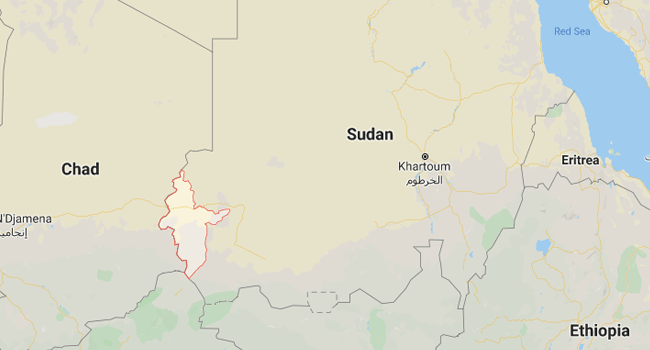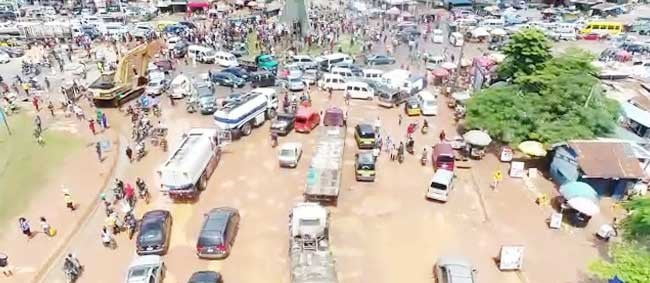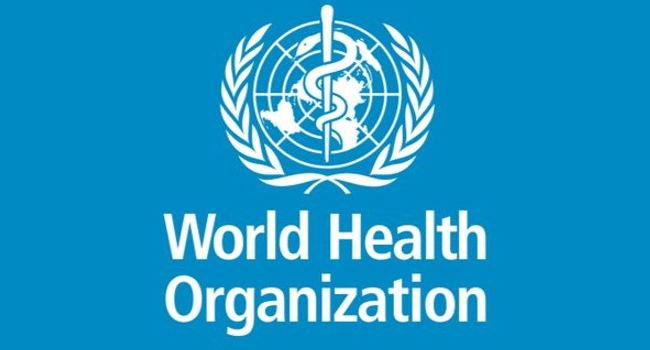Sudan announced Sunday it was ditching its fixed exchange rate and adopting a managed float
The move aims to stem a flourishing black market that has seen the local pound recently trade at around 400 to the dollar, while the official rate was fixed at 55 pounds to the greenback.
It is expected to substantially devalue the official exchange rate towards black market levels, sending prices higher even as citizens grapple with an inflation rate that topped 300 percent last month.
The transitional government has decided to undertake policies “aimed at reforming and unifying the exchange rate system by applying a managed flexible exchange rate system,” the central bank said in a statement.
Closing the yawning gap between the official and black market exchange rates is central to a reform programme agreed with the International Monetary Fund last year.
The central bank said its policy shift, which follows the recent appointment of a new cabinet tasked with tackling the economic crisis, is “imperative” to help achieve stability.
It is one of several painful IMF mandated reforms, which also include reducing costly subsidies, aimed at securing debt relief and attracting investment following the April
2019 ouster of autocrat Omar al-Bashir.
Newly-appointed finance minister Gibril Ibrahim urged citizens to tolerate the impact of the policy change, saying in a press conference on Sunday that it “will require a high patriotic spirit” and “cooperation”.
Ominously for Sudan’s transitional authorities, protests have already flared in recent weeks in several areas over the skyrocketing prices, alongside bread and medicine shortages.
Sudan’s economy was decimated by decades of US sanctions under Bashir, mismanagement and civil war, as well as oil-rich South Sudan’s 2011 secession.
– Cushioning the blow –
The finance minister and the central bank governor, Mohamed al-Fatih, said the exchange rate policy shift will be cushioned by international donors financing a project aimed at supporting poor families from Monday.
The programme offers $5 dollars per month each to around 80 percent of the country’s 45 million population.
In January, the IMF said it was “working very intensively” with Sudan to build the preconditions for debt relief.
The US recently removed Sudan from its state sponsors of terrorism blacklist, another move Khartoum hopes will unlock debt relief and aid.
The central bank governor said Sudan has begun applying a dual banking system, instead of solely Islamic banking, in a move allowing international banks to operate in the country.
The exchange rate policy shift comes amid concern that Sudan’s level of foreign currency holdings are approaching exhaustion.
If the central bank is to be successful in drawing transactions away from the black market, then reserves need to stand at around $5 billion, Mohamed el-Nayer, a Sudanese economist, told AFP.A uthorities have not lately disclosed the level of reserves.
Asked if the country had enough reserves, the Ibrahim replied that funds had lately been received, but did not specify the origin or amount.
But the recent bread shortages — and also of fuel — point to the possibility of “severely lacking” foreign reserves, the economist Nayer said.
Bashir’s fall nearly two years ago came after months of protests against his autocratic rule that were triggered by his cash strapped government effectively trebling bread prices.
In October, Sudan signed a peace deal with rebel groups that observers hoped would end long-running conflicts in the country’s far-flung regions.
Last month, the government approved this year’s budget and it is aiming for inflation of 95 percent by end-2021


